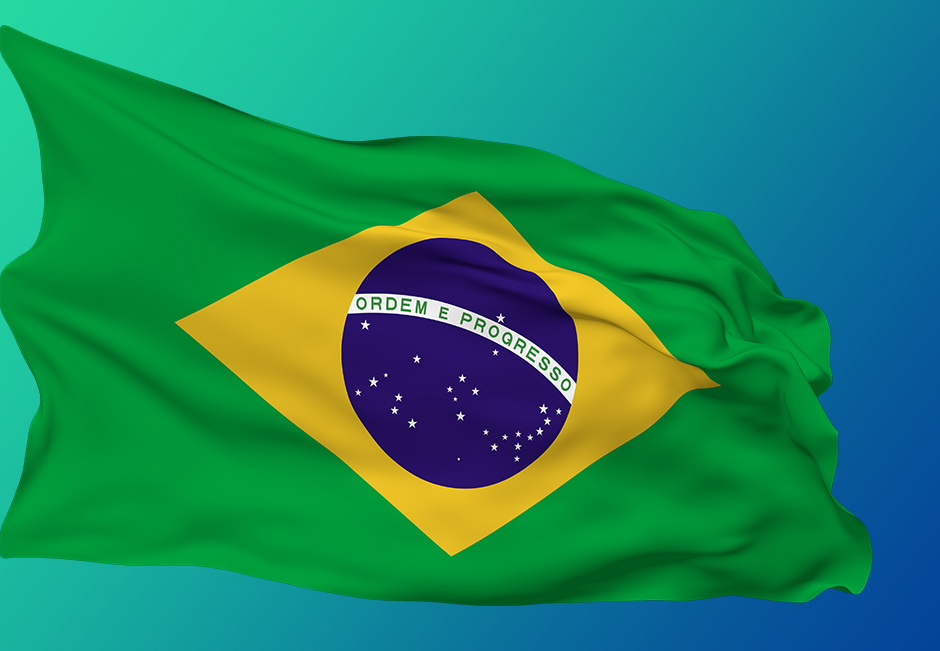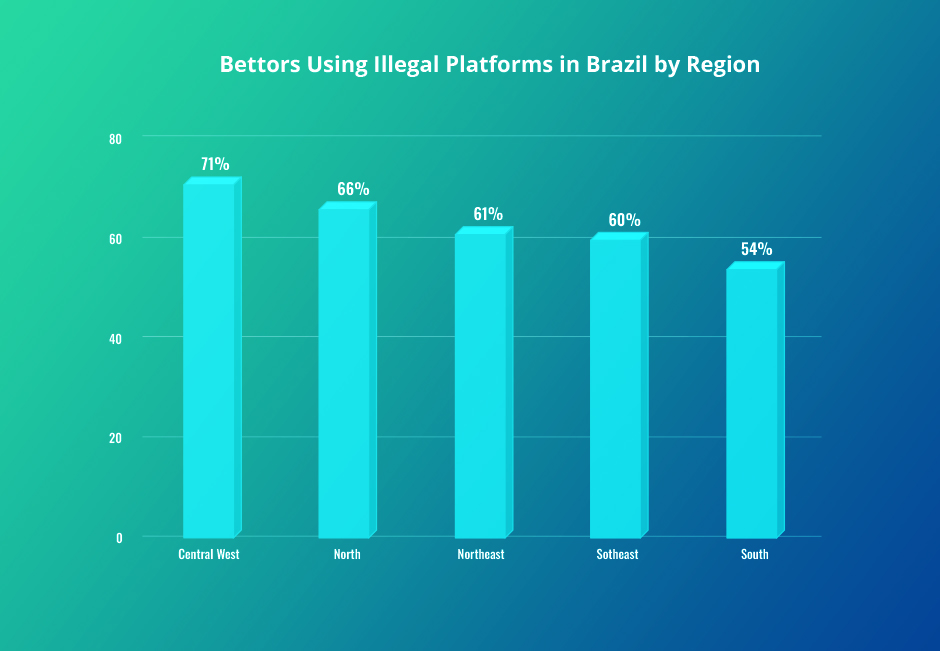
Brazil’s Dual Strategy for a Safer Betting Market

Brazil is launching a coordinated plan to tackle two major threats – unauthorized betting platforms and match-fixing in sports. According to a recent study supported by the Brazilian Institute for Responsible Gaming (IBJR), the country loses R$10.8 billion in tax revenue per year due to such activities.
Cyber Lab to Battle Unauthorized Betting
Creating physical and virtual cyber labs is one of the first major steps in fighting unauthorized betting sites. This is made possible through a cooperation agreement signed between the following organizations in Brazil:
- The National Telecommunications Agency (Anatel)
- The Ministry of Treasury’s Prizes and Bets Secretariat (SPA/MF)
- The National Association of Games and Lotteries (ANJL)
The labs will monitor cybersecurity risks and check telecom providers for irregular practices. Their technical analyses will support enforcement. The physical cyber lab at Anatel’s headquarters will also analyze equipment used for illegal betting.
These efforts will help to quickly and efficiently detect and subsequently block unlicensed platforms. The agreement will last 36 months and has the potential for renewal.
Brazil has the largest regulated online gambling market in LATAM. Reducing unauthorized betting sites will lead to more revenue from legal operators. It will also result in better player protection due to a higher channelization rate.
Tackling Match-Fixing Through Sports Integrity
Unfortunately, match-fixing is not uncommon in Brazil. Just recently, the Superior Court of Sports Justice suspended Flamengo player Bruno Henrique for 12 games. He was also fined over 60,000 reals (around $11,000) for influencing the outcome of a match to benefit relatives involved in online betting.
Such cases are a huge stain on Brazil’s sports reputation, and action is long overdue. That said, the country recently hosted its first National Technical Meeting on Combating Sports Match-Fixing. It took place between September 29 and October 1, 2025, at the Ministry of Sports.
The Interministerial Working Group, integrating the Ministry of Sports, the Ministry of Justice and Public Security, the Ministry of Finance, and the Federal Police, has one primary goal – establishing a national match-fixing prevention strategy.
Here are key tools and resources introduced during the three-day event:
- Civic Digital Platform – Developed by the University of Brasília (UnB), this is an online platform designed for anonymous reporting of suspicious activities related to match-fixing. It provides real-time monitoring, interactive dashboards, educational resources, and AI-generated alerts.
- Match-Fixing Response Manual – This national guideline document offers standardized procedures for identifying, investigating, and responding to cases of match-fixing.
- Whistle Citizen (“Apita Cidadão”) – Available at apitacidadao.com, this federal whistleblowing channel allows citizens to confidentially report suspected corrupt practices in sports through a secure, four-step online form.
The meeting included workshops and training on intelligence gathering and investigative techniques. It also covered the use of technology for identifying suspicious betting. Early education was highlighted as a key element for prevention.
“An essential pillar is grassroots education. It is among young athletes, coaches, and families that we must sow, from an early age, the principles of ethics, respect, and transparency, in order to build a strong culture of prevention and awareness.”
Giovanni Rocco Neto, National Secretary for Sports Betting and Economic Development of Sports
Two Pillars of Market Protection
External enforcement without internal integrity is incomplete. That’s why fighting illegal betting platforms and cracking down on match-fixing cases are two mutually reinforcing strategies.
This ensures a holistic approach, including all parties and stakeholders involved in the sector, which is the only way to achieve the desired outcome.
Player Protection in Practice
The “Incidence of Illegal Betting in Brazil” survey by the Locomotiva Institute shows that the majority of gamblers across all five major geopolitical regions in the country use illegal betting sites.

This is not the only concerning data uncovered by the Locomotiva Institute. The organization’s survey, including 2,000 adult bettors and conducted between April and May 2025, also found the following:
- 78% of respondents can’t distinguish between legal and illegal betting platforms.
- 72% have difficulties verifying a platform’s legal status.
- 46% have deposited money on a fake/irregular platform.
- 87% believe the government should take action against such platforms.
Betting at unlicensed platforms carries many risks for players. Among other things, there’s no underage gambling control, you may fall victim to identity theft, and there’s no way to guarantee potential winnings will be paid out.
The joined efforts to battle illegal platforms and manipulation in sports will make sure these risks are minimized. They will steer players towards the regulated market, where they’ll be better protected. In the meantime, here’s how to check if a betting platform is trustworthy:
- Authorized betting platforms in Brazil use the “.bet.br” domain.
- Legal sites require facial recognition upon registration to verify your identity and protect minors.
- Safe operators don’t accept credit cards and cryptocurrencies for deposits and withdrawals.
- They provide access to safer gambling tools and self-exclusion options.
Challenges Ahead
The complexity of the situation is significant, and so are the challenges. For one, black market operators frequently change their website domains to avoid getting detected and blocked by regulators.
Moreover, match-fixing schemes are not limited to local events, they also spread internationally. This makes it substantially more difficult to enforce control.
That said, Brazil is not the only country facing such issues. In another recent article, we went over the effects of unlicensed online gambling platforms on Filipinos.
The rapid growth of online gambling requires international cooperation and constant adaptation to deal with known and potentially unknown threats successfully.
Building a Trustworthy Betting Market
With its comprehensive dual approach targeting unlicensed betting platforms and match-fixing in sports, Brazil is in it for the long haul.
Despite the many challenges, collaborative efforts of government, law enforcement, industry, and civil society have the potential to ensure long-term success.
The creation of physical and virtual cyber laboratories and the actions already taken by the Interministerial Working Group in Brazil are positive steps toward achieving market maturity and earning consumer trust.

